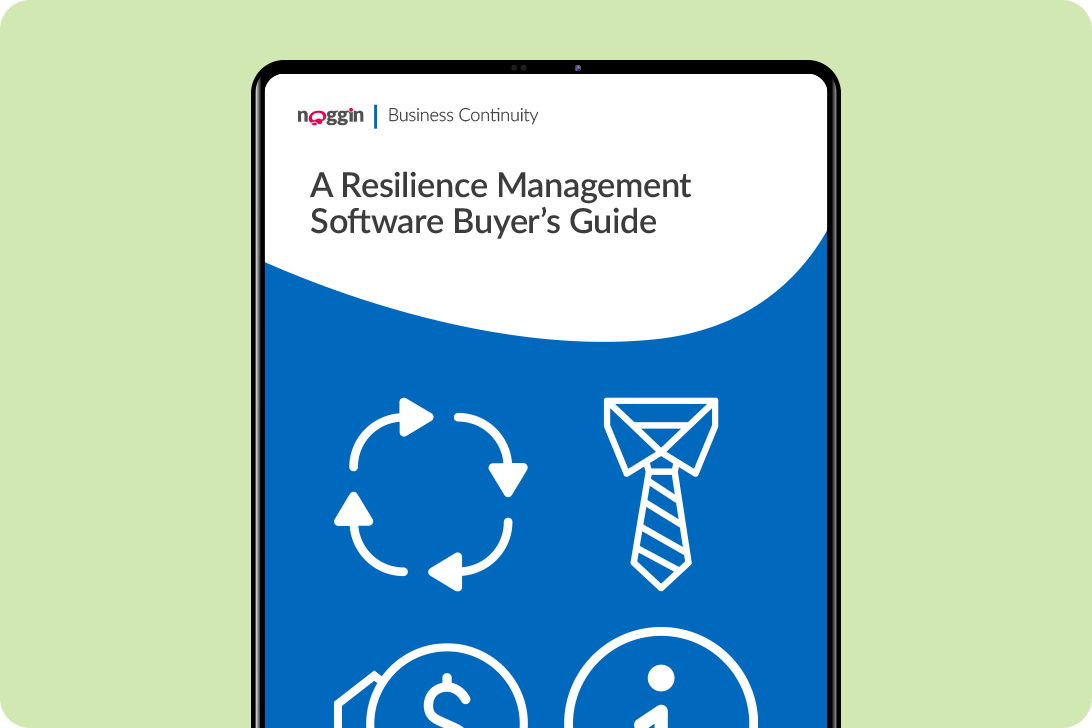Your Brain Under Stress: It’s a scary thing
Perhaps you’ve noticed, but under stress, you’re not exactly making the best decisions. Don’t worry, it’s not just you. A chorus of researchers in the fields of psychology, sociology, and neuroscience all agree that stress hurts our decision making capabilities, because it changes the way our brain works. It’s just chemical.
At both the individual and collective levels, stress makes decision making more irrational, hurried, and unsystematic. It impairs working memory, increases distraction, lowers reaction time, and reduces our ability to process information. That might not even be the half of it – the brain being a truly mysterious thing.
We’re also learning that individuals making decisions under stress are more susceptible to peer pressure, prejudice, and group constraints. If you’re leading any kind of team, much less a crisis team, you’ll recognize that those conditions are especially deleterious to effective decision making.
So what’s actually going on in our brains, besides commotion? We don’t yet know everything, but we do know that decision making under stress primarily involves two important regions of the brain: the cerebral cortex, which is responsible for problem solving, and the limbic system, a much older region of the brain, involved in assessing of danger.
Unsurprisingly, stress triggers our survival instincts, and that activates a fear response, governed by the limbic system. The limbic system will simply turn off power to our cerebral cortex in times of great stress. Well, what does that mean? It means we’ll suffer a steep drop in our inductive, deductive, abstract, and even logical-thinking capabilities. Now, go out and try to make a good decision.
In addition to the cognitive stresses of (well) stress, there’s also the bodily response. Something we’re probably more intimately familiar with: increased respiration, perspiration, and heart rate. But there’s more. Auditory exclusion, or temporary hearing loss, and tunnel vision have also been linked to stress – again, not ideal for crisis decision making.
So far, we’ve only been talking about how stress affects the mind and body. But crisis practitioners, who might have to stay up days on end during an active crisis, know that stress alone isn’t the only occupational hazard in the field. Teams make a lot more distracted decisions in crisis. And even the smallest distractors can have (disproportionately) huge impacts on our decision-making faculties.
As you can imagine, sleep deprivation impairs decision making as well. It can lead to both visual and auditory distraction, which means we might not be able to see things within a complex visual collection. Also, we lose focused attention from sleep deprivation, which predictably takes a toll on our ability to do complex cognitive tasks, like assimilate a lot of rapidly changing information. How ready would you be to make a potentially life-changing, crisis decision under those conditions?
---
For more great content from Noggin, visit our Resources Center.



